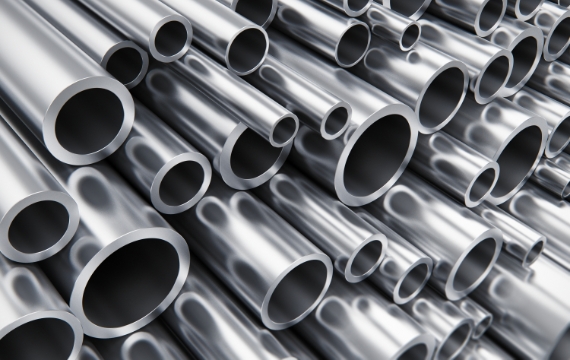
Here we go again. After the Canada-US-Mexico Agreement (CUSMA) was signed and put into force on July 1 of this year, there was hope that the US tariffs on steel and aluminium in 2018 would fade into history as a mere ploy to get Canada to the bargaining table—an exercise in strong-arming a trade partner. However, here we are again with a fresh round of aluminium tariffs, based on false claims of a Canadian export surge. The desperation of the Trump Administration, heading into an election in less than 90 days, is palpable. This has nothing to do with trade, but it has everything to do with protectionist grandstanding during the electoral season.
‘Protectionism has no winners. Retaliation neutralizes all gains.’
Invoking the section 232 of the US International Trade Expansion Act of 1962 remains an affront to US-Canada relationship because it is based on the notion of "national security" concerns. This is an utterly preposterous basis when the trade partner in question is the United States closest ally and trusted neighbour. US national security is not threatened by Canadian aluminium producers. This is a case of an opportunistic trade war for political gain. However, there is good reason to think that it will backfire. US aluminium tariffs won't save jobs. Canada was prompt to retaliate dollar for dollar (worth $3.6 billion in total. Retaliation neutralizes any gains that could be achieved through the tariff. So who loses? Aluminium customers both sides of the border will be hurt: the downstream industries who have to pass on higher costs for cars and airplanes and other manufactured goods. Protectionism has no winners.
US protectionism doesn't even help US workers in the aluminium industry there. The increased uncertainty caused by the most recent action will hurt the industry's long-term plans and investment. Beneficiary of these policies are third countries outside North America, notably China. The new tariffs, at a level of 10%, take effect on August 16.
‘Claims of a surge of Canadian aluminium exports are fantasy.’
So who is behind this foolhardy round of tariffs? Two US aluminium producers (Century Aluminum and Magnitude 7 Metals) have been lobbying the US administration, which eagerly jumped on the opportunity to further their protectionist cause. The two companies have made spurious claims about an alleged surge of Canadian exports even though there is no evidence of it. Even the US Aluminum Association is speaking out against the tariffs (Reinstating Section 232 Aluminum Tariffs the Wrong Approach for U.S. Industry). They write:
Data released just yesterday by the U.S. Census Bureau showed that overall primary aluminum imports from the U.S. to Canada declined about 2.6 percent from May to June and are below levels seen as recently as 2017. The few companies that stand to benefit from reinstated 232 tariffs on aluminum have cherry-picked government data and omitted important context to build their case, which unfortunately won the day.
If there is no basis in fact, then the Trump Administration is dealing in fiction when invoking section 232. It is about being seen as "tough on trade". But it won't help workers. Global aluminium markets are down because of the pandemic. No trade action is going to restore this demand. Because of the pandemic, the composition of aluminium output has changed: more P1020 (unalloyed aluminium) was produced, and less value-added products. U.S. downstream industries depend on aluminium imports, as US aluminium smelters can produce only about a third of US demand for aluminium.
Canada's deputy minister Chrystia Freeland got it right when she said: "At a time when we are fighting a global pandemic [...] a trade dispute is the last thing anyone needs – it will only hurt the economic recovery on both sides of the border." The Trump tariffs are "all pain, no gain." Come November, will US voters come to realize that Trump's protectionism charade is just meant to put the wool over their eyes?
![[Sauder School of Business]](logo-ubc-sauder-2016.png)
![[The University of British Columbia]](logo-ubc-2016.png)